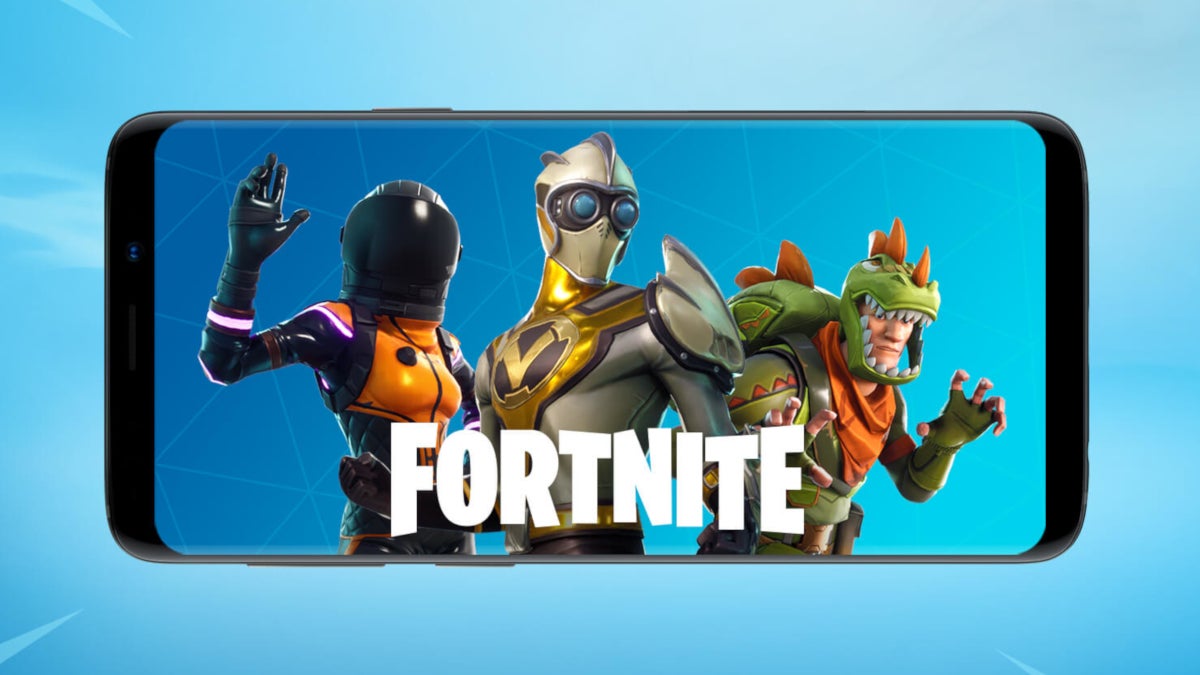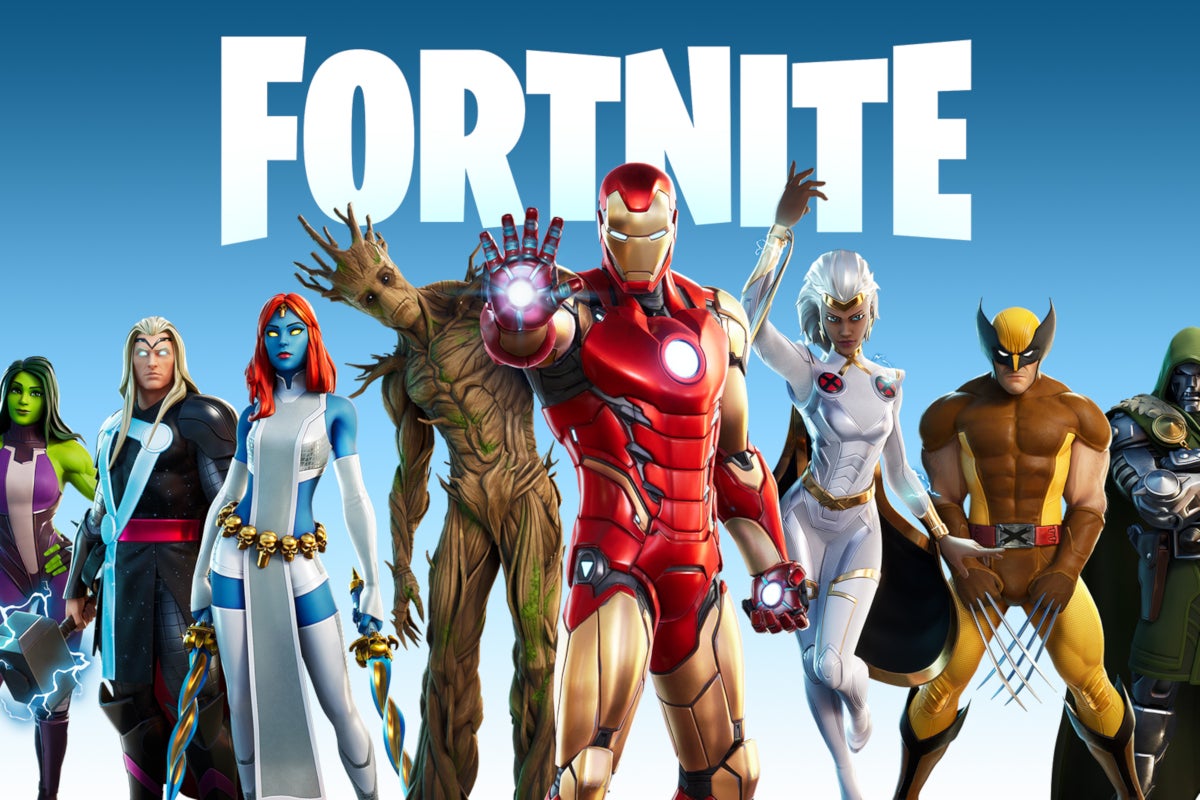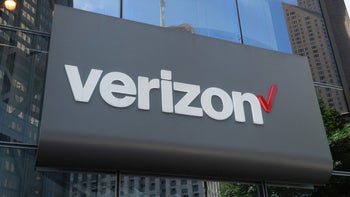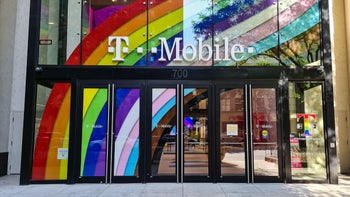Apple's counterclaims against Epic Games limited by judge

According to Foss Patents, a federal judge on Thursday threw out some of the counterclaims that Apple had filed against Epic Games in an antitrust lawsuit as the legal battle between the tech giant and the Fortnite developer continues. For those who haven't been paying attention, Fortnite was kicked out of the App Store in August after Epic offered a new updated version of the popular game that included Epic's own payment platform; this allows those who downloaded the game from Apple's iOS app storefront to bypass Apple's in-app payment system when making in-app purchases for items like Epic's V-bucks.
Apple's counterclaims have been reduced by Judge Yvonne Gonzalez Rogers
Bypassing Apple's App Store payment platform allows Epic to complete in-app transactions with its customers without paying Apple the 30% cut that the latter takes on transactions made through the App Store. As a result, Epic offers a permanent 20% discount on its V-bucks gift cards to Fortnite users making the purchase through Epic's own payment platform rather than Apple's.

Fortnite was removed from the Apple App Store in August
While Epic tried to paint Apple as a monopoly in the lawsuit, Apple portrayed Epic as an ungrateful company that owed Apple a debt of gratitude for using Apple's help to achieve 130 million downloads of Fortnite in 174 countries. Apple says that thanks to its App Store listing and the tech firm's tireless promotion on behalf of the game, Fortnite banked $500 million for Epic. Despite having lost its iOS developer account in August, Epic is still making money from in-app purchases on iOS according to Apple.
Judge Yvonne Gonzalez Rogers of the U.S. District Court for the Northern District of California granted Epic a motion for judgment yesterday on all of the counterclaims filed against Epic by Apple except for those related to Breach of Contract claims. The judge had said at the beginning of the suit that she did not believe that Apple would succeed with some of its claims. For its part, Epic has said that if it loses the antitrust case, it will be found liable for breach of contract. According to the judge, outside of breach of contract, Apple could not show that Epic committed any wrongful actions.
Both sides have cut fast and loose with the comments. When Apple accused Epic of stealing money from it, the developer responded by saying that it "could not and did not 'steal' the proceeds from the sales of its own creative efforts." Last month, Apple said in a filing that "Stated simply, Epic is stealing money from Apple. Theft is a crime, and 'conversion' is its civil-law analogue. The victim of theft has always had the right to sue for conversion to get its property back from the thief— irrespective of the technical means by which the conversion is accomplished. And if Epic bypassed IAP to funnel funds that include Apple's revenues and commissions into Epic's coffers, a conversion claim can be— and has been— properly pleaded."
Epic's main legal point is that the developer shouldn't have to adhere to the agreement it signed with Apple related to Fortnite's App Store listing. That's because it claims that those terms cannot be enforced under antitrust laws. In August, the judge said that the case could go either way. She said that this outlook remains the same even after most of Apple's counterclaims were dismissed.
Last month, we pointed out that both Apple and Epic are accusing each other of taking advantage of the other's hard work without making a payment. Apple says that Epic is using Fortnite's App Store listing without paying Apple its 30% cut for that privilege. Epic says that "Apple’s repeated assertions of theft boil down to the extraordinary assertion that Epic’s collection of payments by players of Epic’s game, created from the work of Epic’s artists, designers, and engineers, is taking something that belongs to Apple."
The hearing was conducted via Zoom.
Follow us on Google News













Things that are NOT allowed:
To help keep our community safe and free from spam, we apply temporary limits to newly created accounts: